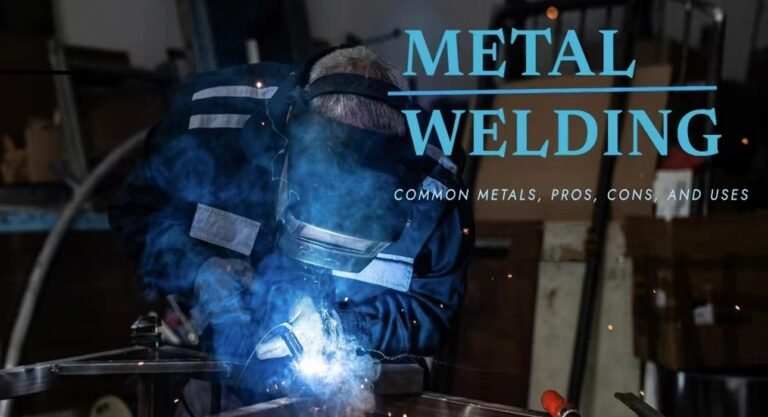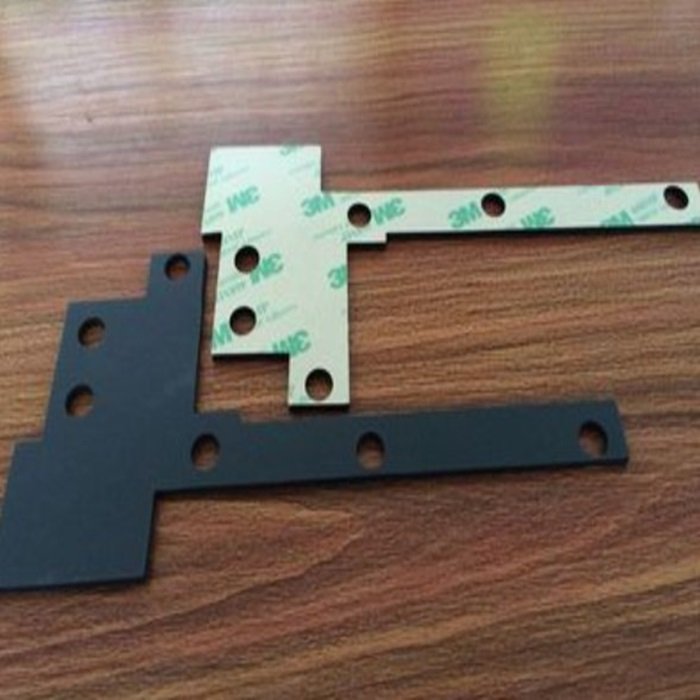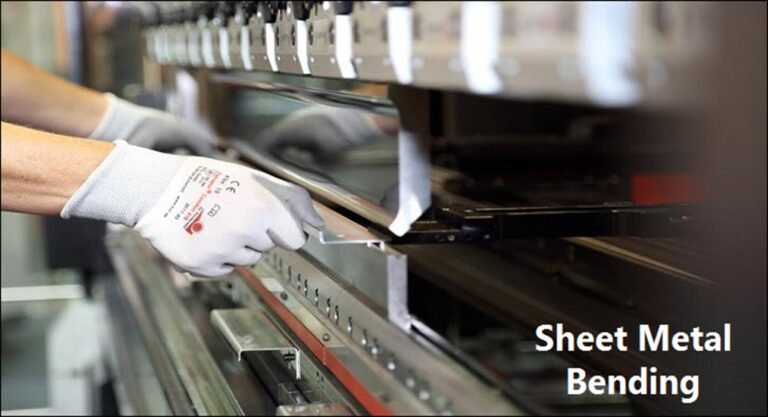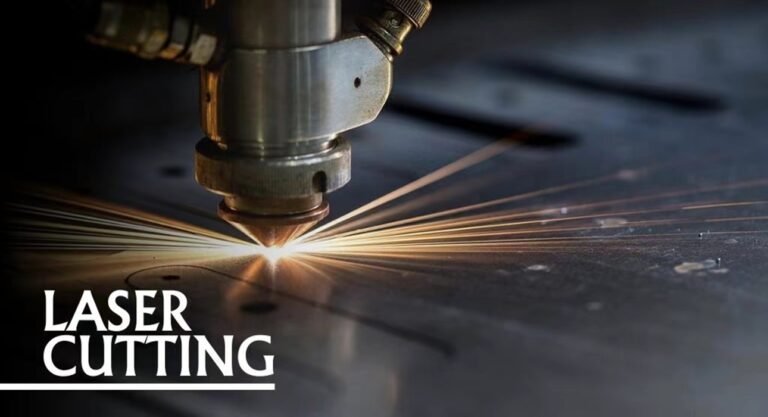AI Applications Revolutionizing the Automation Industry
Introduction
In today’s fast-paced, tech-driven world, automation is no longer just a buzzword—it’s a crucial element of modern industry. But what really sets the stage for the next level of efficiency and innovation is the integration of Artificial Intelligence (AI) into automation processes. From factories to logistics, AI is making waves across various sectors, helping businesses do more with less, faster and smarter. In this blog, we’ll dive into how AI is transforming the automation field and what the future might hold.
AI and Automation: A Perfect Pair
AI and automation are like peanut butter and jelly—great on their own, but even better together. Automation aims to reduce human intervention in repetitive tasks, while AI adds a layer of intelligence, enabling systems to learn, adapt, and even make decisions. This dynamic duo is streamlining operations, reducing errors, and boosting productivity across industries.
1. Manufacturing and Production
AI is a game-changer in the manufacturing sector. With AI-powered automation, factories are becoming smarter, more efficient, and increasingly autonomous. Here’s how:
- Predictive Maintenance: AI-driven predictive maintenance tools can foresee equipment failures before they happen. By analyzing data from sensors on machines, AI algorithms predict when a machine is likely to fail, allowing for maintenance to be scheduled proactively. This reduces downtime and saves money.
- Quality Control: AI systems are being used to enhance quality control in manufacturing. Advanced machine learning algorithms can analyze products as they’re being made, catching defects that human inspectors might miss. This ensures that only the highest quality products make it to the market.
- Robotics: AI-driven robots are increasingly common in factories. These robots can perform complex tasks that require a level of precision and adaptability that traditional automation systems can’t match. For example, AI-powered robots in automotive plants can now assemble vehicles with minimal human intervention, adapting to different models on the fly.
2. Supply Chain and Logistics
AI is also revolutionizing supply chain management and logistics, making it more efficient, resilient, and responsive to demand.
- Demand Forecasting: AI algorithms analyze historical data and external factors like market trends and weather conditions to predict demand more accurately. This helps companies optimize inventory levels, reduce waste, and meet customer demands more effectively.
- Route Optimization: In logistics, AI-powered systems are optimizing delivery routes in real-time. By taking into account traffic conditions, weather, and even driver performance, these systems help reduce delivery times and fuel consumption, making the supply chain more efficient.
- Warehouse Automation: AI-driven robots and systems are transforming warehouse operations. From automated sorting and picking systems to AI-controlled forklifts, these technologies are making warehouses more efficient, reducing errors, and speeding up order fulfillment.
3. Customer Service and Support
Automation isn’t just about physical processes—AI is also making a significant impact in customer service.
- Chatbots: AI-powered chatbots are now handling a large portion of customer service inquiries, providing instant responses to common questions and issues. These chatbots use natural language processing (NLP) to understand and respond to customer inquiries in real-time, improving customer satisfaction while reducing the workload for human agents.
- AI-Driven CRM: Customer Relationship Management (CRM) systems are becoming smarter thanks to AI. By analyzing customer data, AI can help businesses understand their customers better, predict their needs, and offer personalized recommendations. This leads to better customer retention and increased sales.
4. Healthcare Automation
The healthcare sector is also benefiting from AI-driven automation, leading to improved patient care and operational efficiency.
- AI-Assisted Diagnosis: AI is helping doctors diagnose diseases more accurately and faster. By analyzing medical images, lab results, and patient data, AI systems can identify patterns and make recommendations that assist doctors in making better decisions.
- Robotic Surgery: AI-driven robotic surgery systems are allowing for more precise and less invasive surgeries. These systems can analyze data from past surgeries to improve their techniques, leading to better patient outcomes and faster recovery times.
- Administrative Automation: AI is streamlining administrative tasks in healthcare, from scheduling appointments to managing billing. This frees up healthcare professionals to focus more on patient care rather than paperwork.
The Future of AI in Automation
As AI continues to evolve, its applications in automation will only expand. Here are a few trends to watch:
- Autonomous Systems: Fully autonomous systems, from self-driving cars to unmanned drones, are on the horizon. These technologies will have massive implications for industries ranging from transportation to delivery services.
- Edge AI: Instead of relying on cloud-based AI, edge AI processes data locally on devices. This will enable faster decision-making and greater privacy, which is critical for industries like healthcare and finance.
- AI-Enhanced Creativity: While automation has traditionally been associated with repetitive tasks, AI is now making inroads into creative fields. From AI-generated art to music composition, the boundaries of what AI can automate are expanding.







